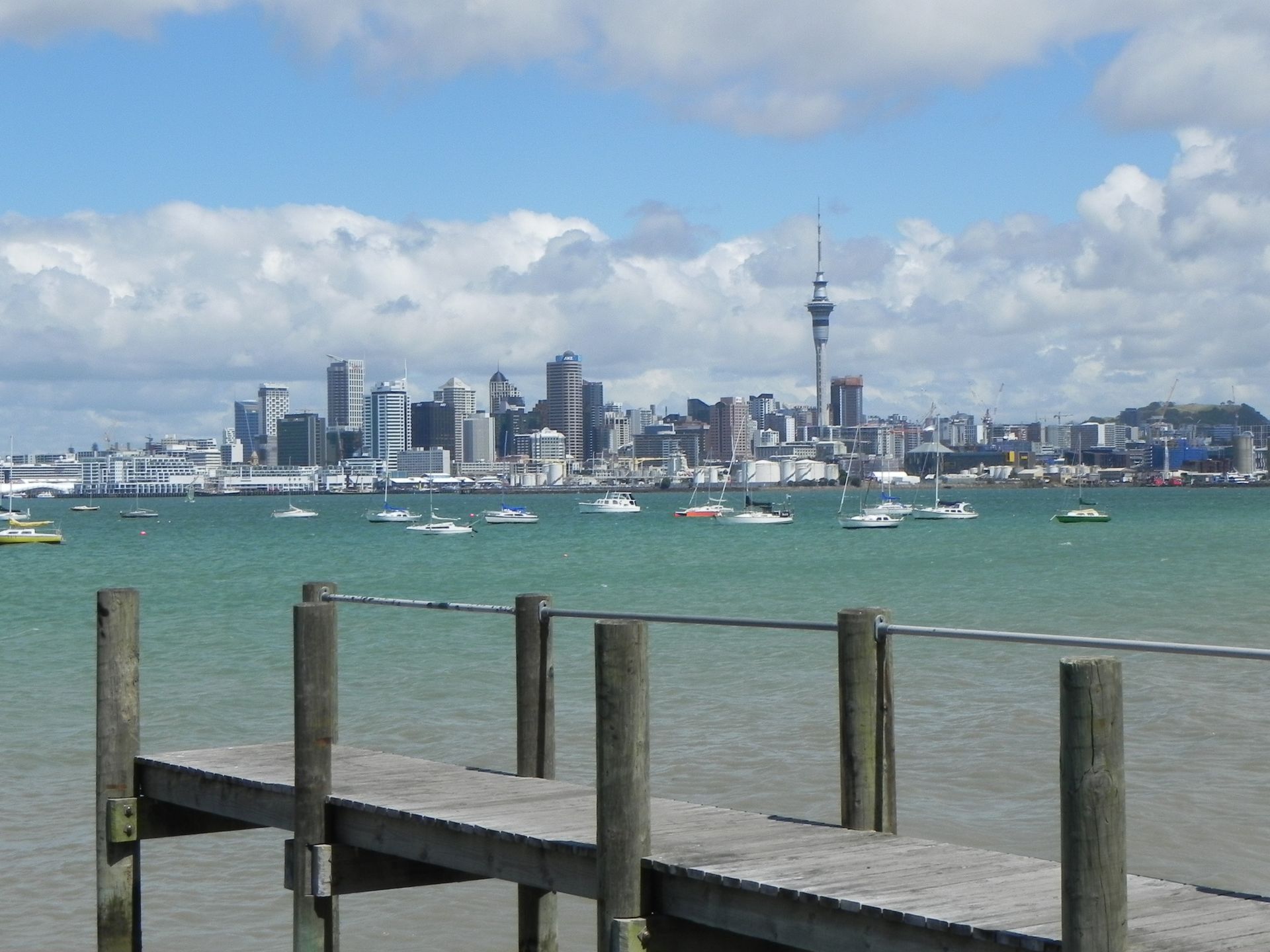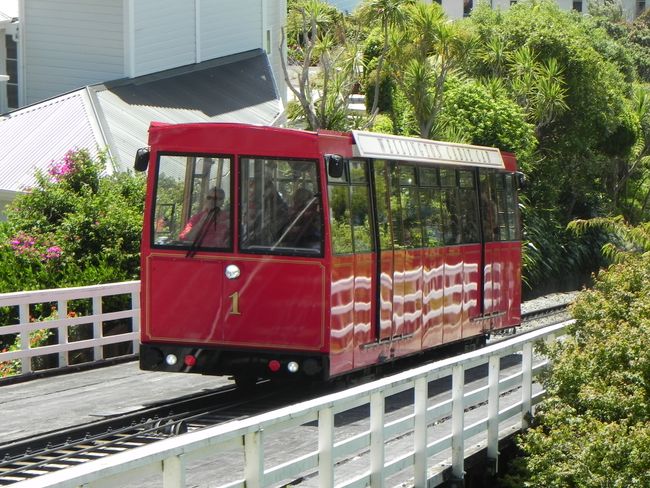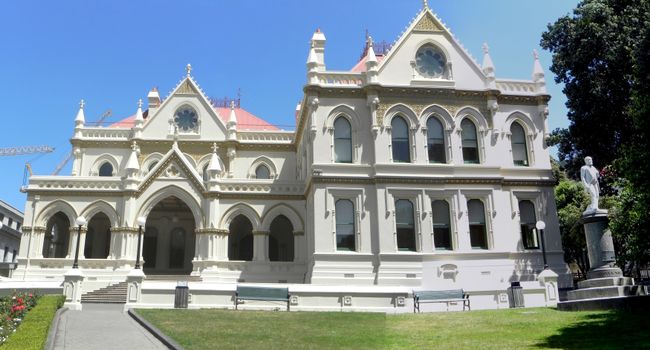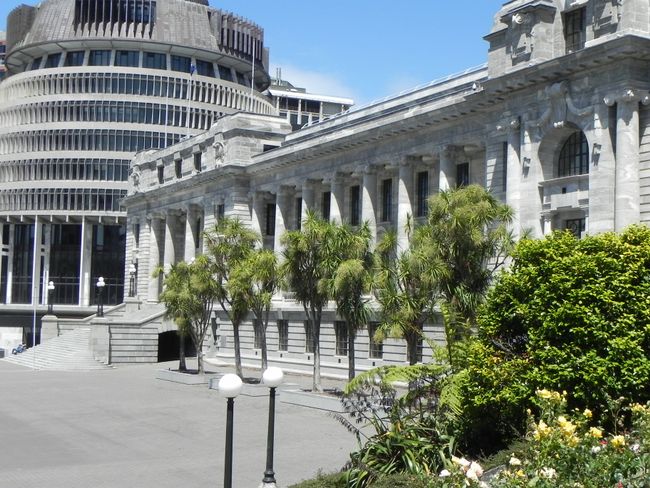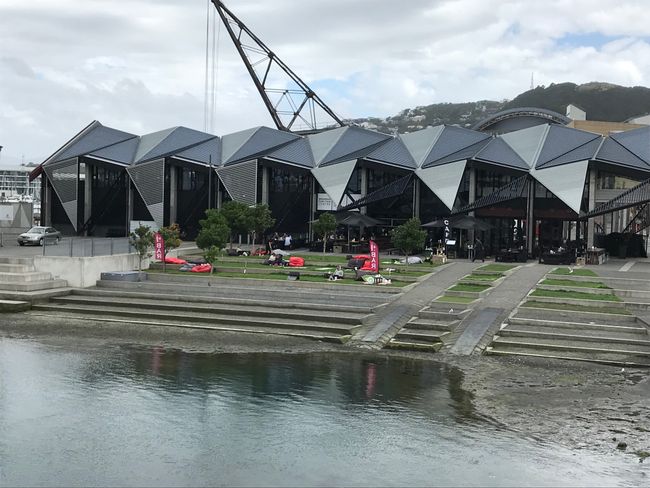06.01.2018 - Wellington
יצא לאור: 06.01.2018
הירשם לעדכונים
Wellington, the windiest city in the world - that's what we experienced last night as well. Today the wind had calmed down and blue sky appeared.
The tourist highlights of the city were quickly discovered, there is hardly any city hustle and bustle during the current holiday season. The nearly 1/2 million inhabitants in the metropolitan area of the capital - the third largest city in New Zealand after Auckland and Christchurch - mainly work in government ministries and are all on vacation. The city is known for its many trendy cafes and good restaurants, but the ones we had chosen were closed. Worth mentioning is definitely Te Papa Tongarewa ("The Place of Treasures of this Land"), the national museum of New Zealand. Here we explored the history of New Zealand and the culture of the Māori after enjoying a long black coffee (Birgit also had a double-choc-donut).
With all the wind, I, Joachim, thought the bay would be ideal for kiteboarding and indeed on our way back - we live in the bay opposite of Wellington - we saw many kiteboarders on the water. However, there is no beach here, so maybe Nelson is the better choice? On the other hand, Wellington is supposedly one of the most livable cities in the world. On the steep, green slopes there are wonderfully beautiful houses with large glass fronts that offer a direct view of the water. Due to the constant wind from the water, the air is purer than in the best recreational area, and the center is surrounded by a green belt. We read on a sign that the growing children here are used to being awakened by birds and cicadas. What a beautiful idea for a capital.
(*) The winds of the Roaring Forties, which move continuously from South America westwards for thousands of kilometers, are thrown into this 22 km wide gap between the North and South Island - the Cook Strait - and create a 'wind flow' that rocks the boats in the harbor day and night.
And here some interesting facts for the water sports enthusiasts among us: The average wind speed is just under 27 km/h (14 knots or 4 Beaufort). On 173 days a year the wind blows at over 60 km/h (32 knots or 7 Beaufort). The strongest recorded gust of wind on the North Island of 248 km/h (134 knots or >17 Beaufort) was measured in 1962 on Hawkins Hill, only a few kilometers from the city center.
הירשם לעדכונים
תשובה
